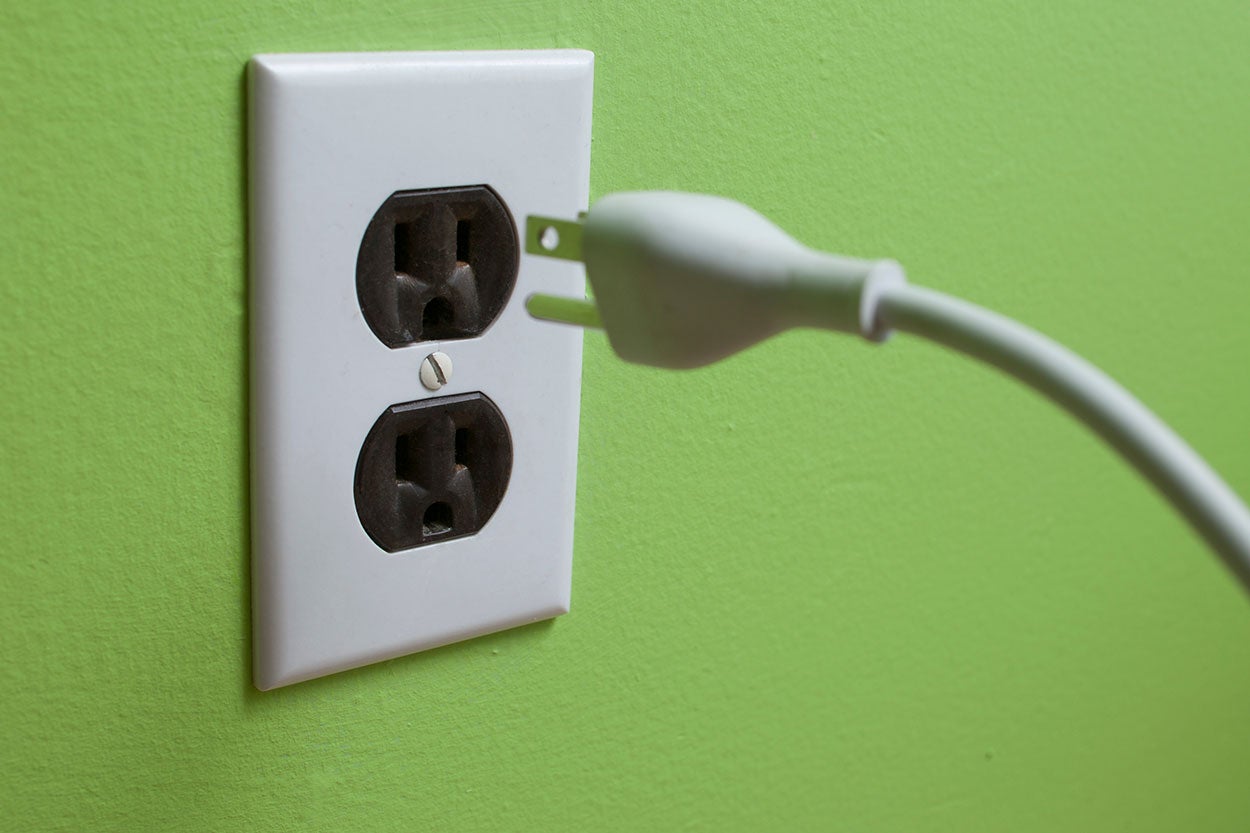It's important to avoid overloaded outlets to keep you, your family, and your home safe. Local fire departments respond to an average of more than 35,000 home fires involving electrical distribution and lighting equipment each year, causing 490 deaths and 1,200 injuries nationwide.
“The electrical systems of many older homes are not properly equipped to respond to today’s increased power demands,” said Jared Boggs, Safety Coordinator at NREMC. “Many homeowners are creating hazards by relying too heavily on extension cords or overloading their home's outlets."
Instead of grabbing an extension cord or multiple-outlet plugs that turn your outlets into octopuses, call a qualified electrician who can install more outlets and update circuits and wiring.
To prevent problems, here are some tips to unload those outlets:
• Never plug more than two appliances into an outlet at any one time; don’t “piggyback” extra appliances on extension cords or wall outlets. Use only outlets designed to handle multiple plugs.
• Know the amount of power you’re placing on an outlet or circuit. Some recommend each outlet or circuit should not exceed 1,500 watts.
• Major appliances (refrigerators, dryers, washers, stoves, air conditioners, etc.) should be plugged directly into their own wall outlet since they are heavy power users.
If you find you are overloading an outlet or circuit in your home, you may need to contact a professional to help resolve the problem. An electrician can add outlets and inspect your home’s wiring system.

